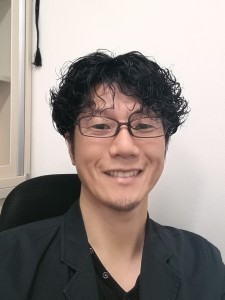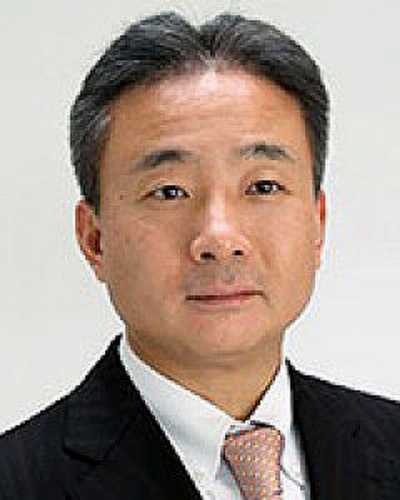Now published, see the full article 
Early Abstract:
Introduction: A uniform certified basic training program for interns started in Japan in 2004. Following this change, more interns chose to train in community settings, including in rural areas. Patients’ experiences of and attitudes toward interns’ practice might vary across communities. To examine the geographic and demographic variations linked to the new training system, a nationwide cross-sectional survey was conducted and analyzed.
Methods: Two years after the new certified basic program, in total, 2400 adults were randomly selected from all areas of Japan. They were asked about their experiences of and attitudes toward interns’ practice. The data were used to compare differences in geographic areas and by demographic factors.
Results: A total of 1109 (46%) people participated in the study. Of these, 10.2% (114/1109) had been treated by interns. In total, 37% (410/1084) of respondents were prepared to accept treatment from interns. Those with personal experience of receiving treatment from an intern were significantly more likely to be comfortable with the idea than those who had no personal experience (55% vs 37%, p < 0.001). This acceptance level did not vary by region or population (between urban and rural areas). People who were comfortable with interns providing treatment, and who had personal experience of care provision by interns (they or a family member had done so) were also more likely to understand the importance of interns being able to practice as part of their clinical training (92% vs 8%, p < 0.001, 76% vs 24%, p = 0.006). They were also more likely to believe that interns should be able to receive training at smaller hospitals (76% vs 24%, p < 0.001, 77% vs 23%, p = 0.02).
Conclusions: Acceptance by patients of interns’ practice was positively associated with experience of care provision by interns. However, there was no significant difference of acceptance among geographic conditions, and among the size of population. Community-based medical education could be implemented and developed independent of geographic and demographic elements in Japan.

